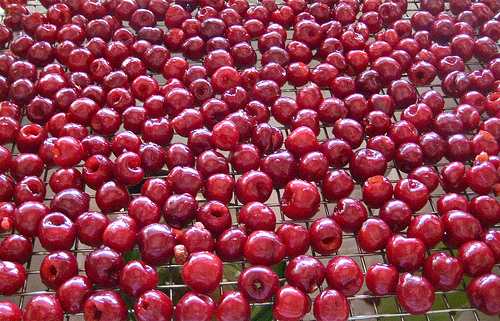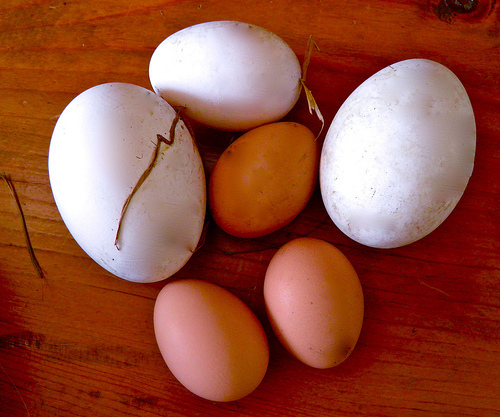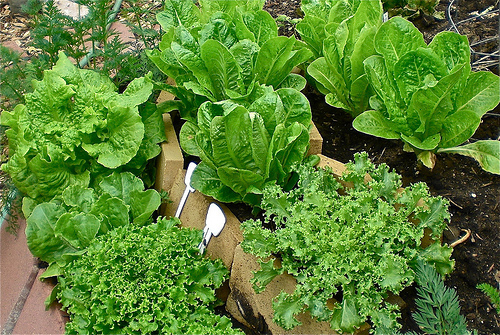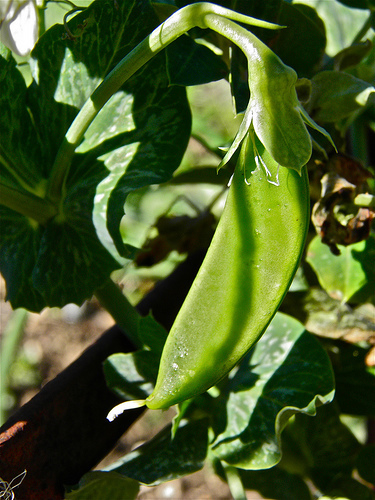We should know where our food comes from before we put it in our mouths…
We should know where our food comes from before we put it in our mouths. The events of the last five years, be it the salmonella scare, the videos of sick cattle at the slaughterhouse, e. coli in peanut butter, and melamine tainting can only serve to drive this edict home time and time again.
Further, we can all agree that the best food to put in our mouths is food that is grown – not aggregated, amended, or extruded.
These two truths would seemingly make it imperative for cities across the US to do what they can to help their residents to find such food, especially as doing so for many people in urban centers is difficult, to put it lightly.
Fortunately, there are changes brewing in the shape of a home-grown revolution: the rise of the citizen farmer. People are increasingly utilizing their yards as farms to grow their own food, and lemonade-style farm stands are popping up in neighborhoods where citizen farmers sell their excess to the community.
To be able to buy such food, produced by someone you know, whom you can ask about how the plants were treated, fertilized, or stored, or how long the jelly was heat- bathed, or what went into the pot pie, is a boon and we should support such endeavors.
Unfortunately, many cities have slipped a stick into the spokes of this revolution by requiring urban farmers such as Novella Carpenter in Oakland to purchase costly permits to do business, or to face stiff fines for mild infractions.
In most cities the permit fees are ostensibly used to fund inspection costs to keep their citizens safe from food-borne illnesses. I am all in favor of food safety. My concerns over food safety are, after all, what compelled me to start growing my family's food in my own yard.

But the best protection against such illness is not a drop-in inspection agent, it is a relationship with the place the food is grown and the person who grew it.
Instead of making their citizens safer, a city's insistence on high cost permit fees (a permit to sell a few dollars worth of chard can cost upwards of $2,000), neatly puts urban farmers out of business.
This not only harms the people who have difficulty finding fresh, local produce, but ultimately it harms society as well, reinforcing the idea that food comes from anonymous factories, and causing untold costs and misery in the shape of health problems that arise when people see fast and processed food as the only viable way to eat.
In cities across the United States, from New York to Oakland, steps are being made to curtail the fees for urban farmers. Such a legislative victory would be a triumph for not only good eating, but ultimately for the well-being of our citizens, and for our country as well.
And now from SFGATE…
It's no longer illegal to grow Swiss chard in your backyard and sell it to the corner restaurant.
Mayor Ed Lee on Wednesday signed legislation that allows for "urban agriculture" throughout the city, including the sale of garden produce.
"We're going to make this legal!" Lee declared as he stood surrounded by sprouting vegetables and urban farmers at Little City Gardens in the Mission Terrace neighborhood.
The legislation rewrites old zoning laws that prohibited selling homegrown produce without a costly permit and a hearing in front of the City Planning Commission. It's an issue that's been controversial in cities like Oakland, which recently told a local grower she must pay possibly thousands of dollars for permits to sell any leftover food grown on her urban corner lot.
The new ordinance allows for the sale, pick up, and donation of fresh food and horticultural products grown throughout the city. It also allows for the sale of "value-added products" like jams, pickles or pies from any area, except those zoned exclusively for residential uses. Growing food or horticultural products for personal use remains unregulated.
- John Coté
YAY, OAKLAND…anyone else?




